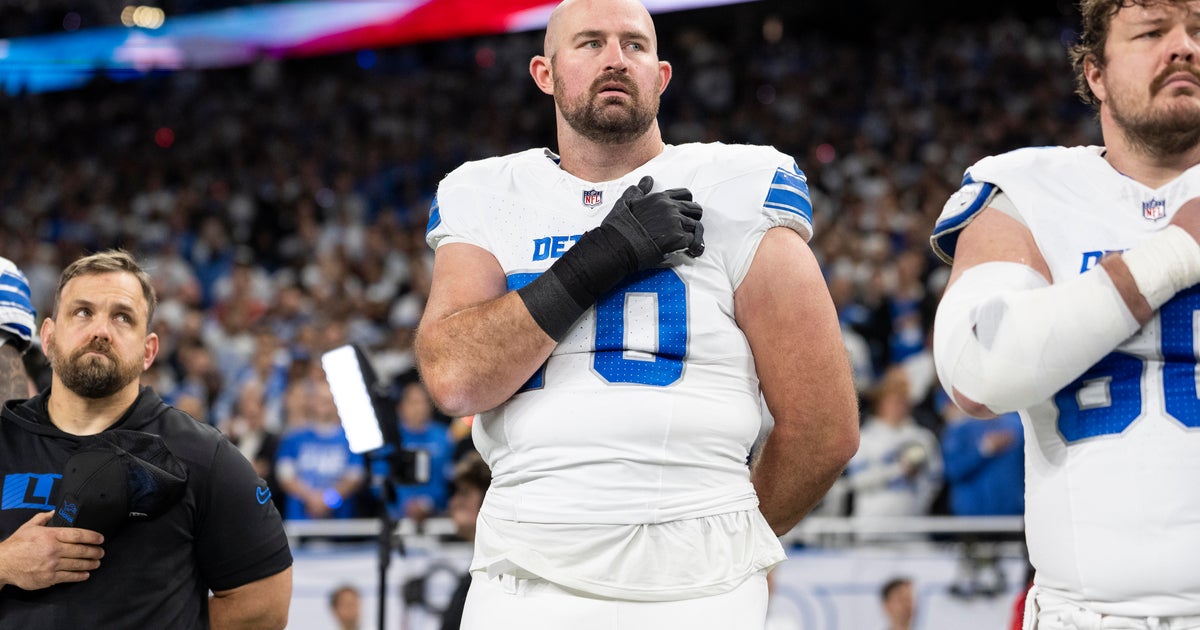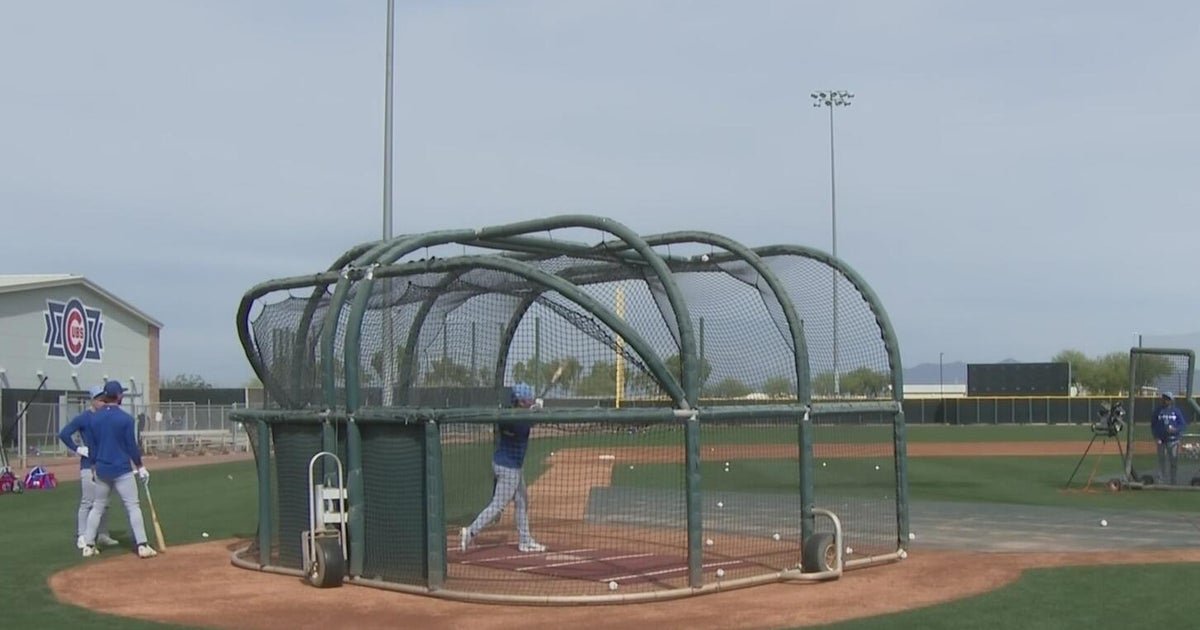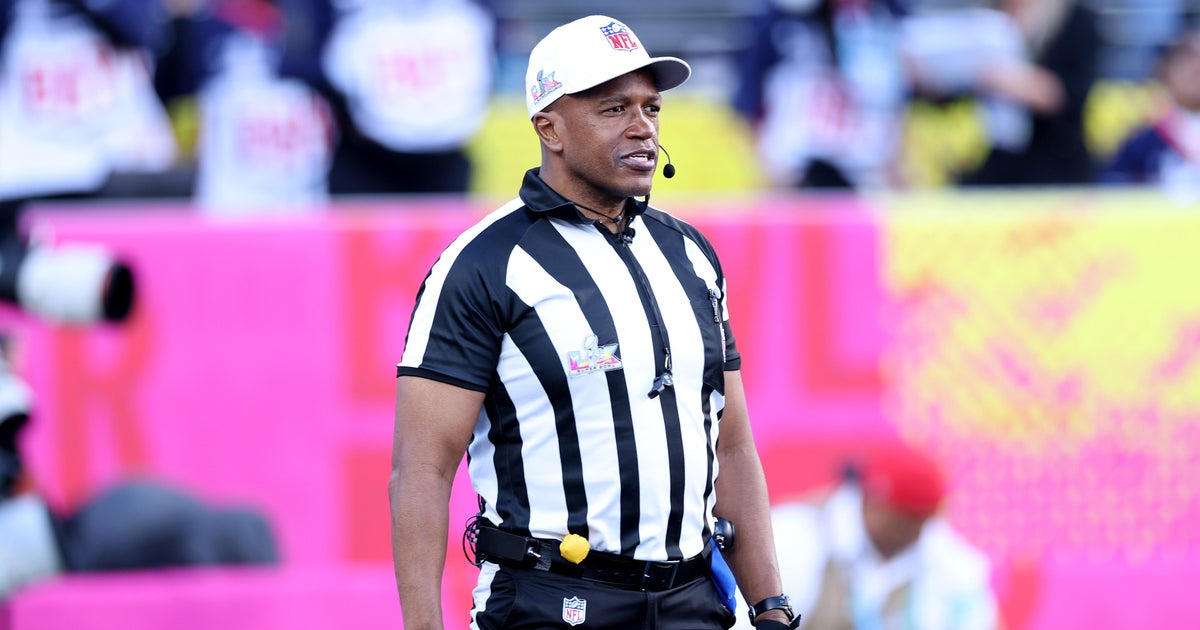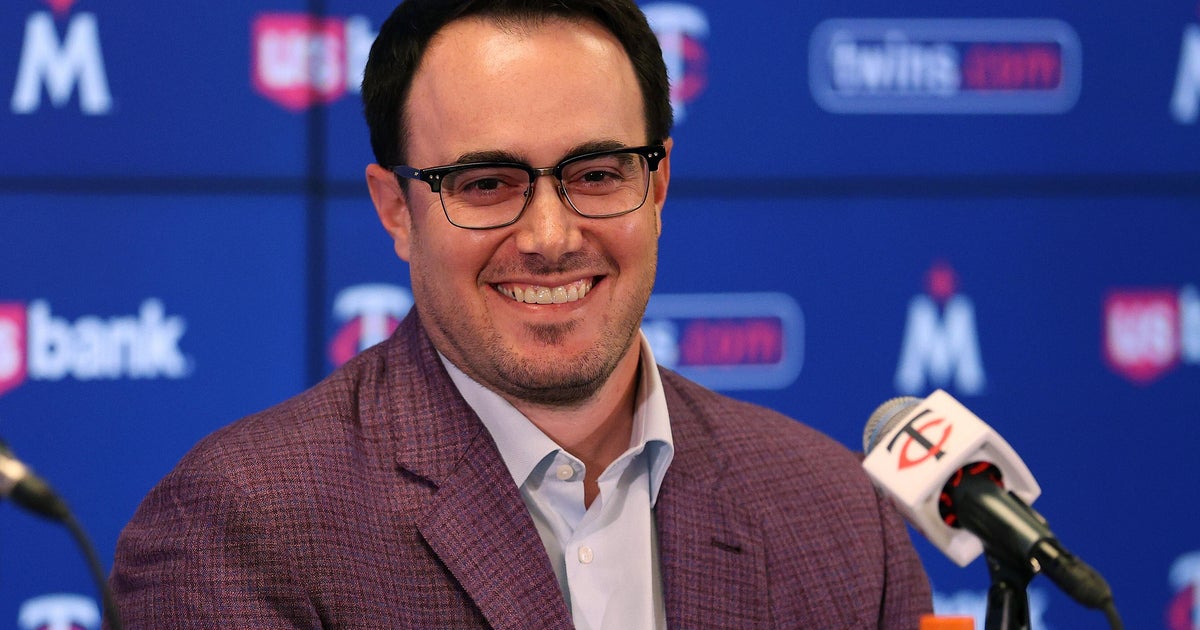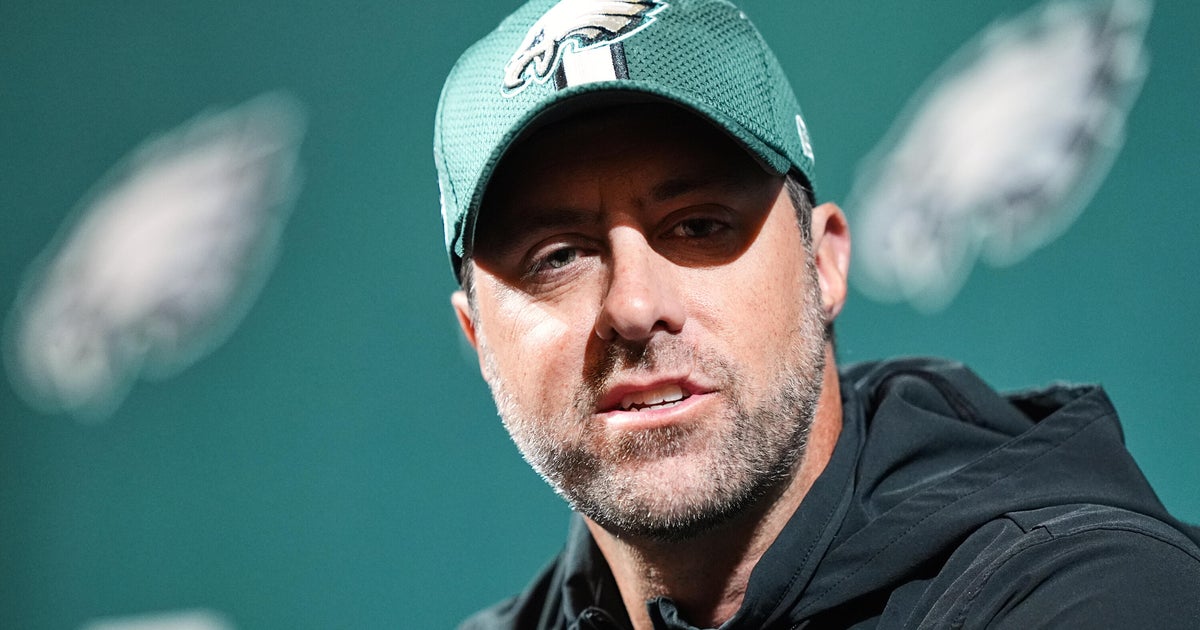Hurley: Patriots' statement makes it look like Belichick has lost a degree of autonomy
BOSTON -- It was less than a year ago that an apoplectic NFL world was reacting to the Bill Belichick's apparent plan to have Matt Patricia and Joe Judge run their offense. Patriots owner Robert Kraft understood the skepticism, but he believed in Bill.
"I know what I don't know, and I try to stay out of the way of things I don't know," Kraft explained at the NFL owners meetings. "I think he's pretty good -- you know, he's got over 40 years of experience doing it. So it doesn't sometimes look straight-line to our fans or to myself, but I'm results-oriented."
In late October, in the midst of the largely Belichick-inflicted Mac Jones-Bailey Zappe quarterback controversy, team president Jonathan Kraft reiterated the fact that Belichick is allowed to run the team however he wants.
"Here's what I do know is Bill Belichick is the greatest coach that's ever coached in the NFL, and arguably as great a coach as there's been in any sport," Jonathan Kraft said. "Bill's earned the right to manage the team that way. And if he thought that was the right way to do it, you know, we support that."
The message from ownership was clear: Bill runs the football operation, and his track record speaks for itself.
Yet after Thursday night's unanticipated and largely unprecedented press release from the Patriots, it seems as though a level of that autonomy has been taken away.
Not all of it, to be sure. But the hands-off approach from the Krafts to let Belichick run the team however he sees fit has seemingly shifted, after the Patricia-Judge-led offense resulted in a rather painful season to witness for the Krafts and most of the New England fan base.
That much can be concluded, really, based on two elements.
For one, there is the simple fact that Bill Belichick never -- never -- volunteers information to the public until or if it is absolutely necessary to do so. He sees no benefit in airing the plans and strategies of his team to the world, so the concept of publicly announcing plans to try to negotiate a contract to keep a head coach on staff while also announcing plans to interview offensive coordinator candidates is something so far outside of the Belichick playbook that it's impossible to believe such a statement was his idea in any way. (It would even be rare for the Patriots to announce the re-signing of a coach after a contract had been reached, let alone announcing the intentions of trying to negotiate a contract before an agreement has been reached.)
The fact that the statement assuages fears and concerns from fans -- that is, the fact that it serves more of a public relations purpose than anything else -- also speaks to the message coming from the Krafts and not the head coach/GM.
Secondly, there's this bit of information, reported by the Boston Herald's Andrew Callahan on TV on Thursday night: The statement was released after not one, not two, not three, not even four, but five meetings between Robert Kraft and Bill Belichick since the end of Sunday's game in Buffalo.
"I was told that Bill and Kraft met [Thursday], they met [Wednesday], they Tuesday, they met Monday, and Sunday after the game," Callahan said. "So, my understanding is that yes, the Krafts have nudged Bill into this."
Outsiders don't know the specifics of those meetings, and it's reasonable to believe that Belichick does believe his Patricia/Judge plan did not work and that the team needs an experienced offensive coordinator to salvage the offense. But the end result being one sentence about the plan to interview OC candidates indicates there may have been some pushing and pulling involved in the discussions. Belichick simply does not announce his plans.
The inclusion of the words "offensive coordinator" in that brief statement also stands out. Last year -- throughout the spring, the summer, and even the fall -- Belichick and his staff pushed the concept of the process being a "collaborative effort."
"We're not really big on titles and all that," Belichick said in July. "It's important that we all work together and create a good final product. That's what we're going to try to do. That's what we've always done."
The effort was what they had always done, sure. But the lack of titles? Not quite. Charlie Weis was the offensive coordinator from 2000-04. There was no ambiguity about his role or title. Josh McDaniels did not have the OC title in 2005, but he got it one year later, and he worked in that role from 2006-08, then again from 2012-21. During McDaniels' three-year absence, Bill O'Brien held the job without the title for two years, before officially becoming OC in 2011.
So in 19 of 22 seasons prior to 2022, Belichick had a named offensive coordinator. In the three years without one, it was very much known who was running the offense, and it was done by someone who had been on the offensive coaching staff. Saying the operation in 2022 was "what we've always done" stretched the limits of actual reality ... but again, Belichick had earned the right to run the team that way. (The team had operated without a named defensive coordinator since 2018, and it remained that way in 2022. The team also didn't have a named DC in 2010-11. So it has perhaps become a bit more normalized overall, but not on the offensive side of the ball.)
And though Belichick didn't admit that his offensive plan was a failure during his season-ending press conference on Monday, he was perhaps holding back his public comments, knowing the types of meetings with the owner that awaited him this week.
Before the season, Belichick's message was very clear about his unique approach to the 2022 offensive coaching staff: If it doesn't go well, blame me." The media -- and by extension, the fans -- weren't quite able to do that this week. Based on the extremely anti-Belichickian statement put out on Thursday, though, it looks as though the Krafts did exactly that.
That's not to say that Belichick is in bad standing with the owner, or that he won't be allowed to sign and draft the players he wants, or that a major shift in the business model at 1 Patriot Place is about to transpire. It is merely an observation that the Patriots seemed to have given Belichick complete freedom of the football operation, even as the team headed into a season with a universally criticized offensive coaching setup. Considering that scenario played out almost exactly as everyone expected, it looks as though the Krafts are intent on getting back to business being done in a more conventional, less ... unique way.

